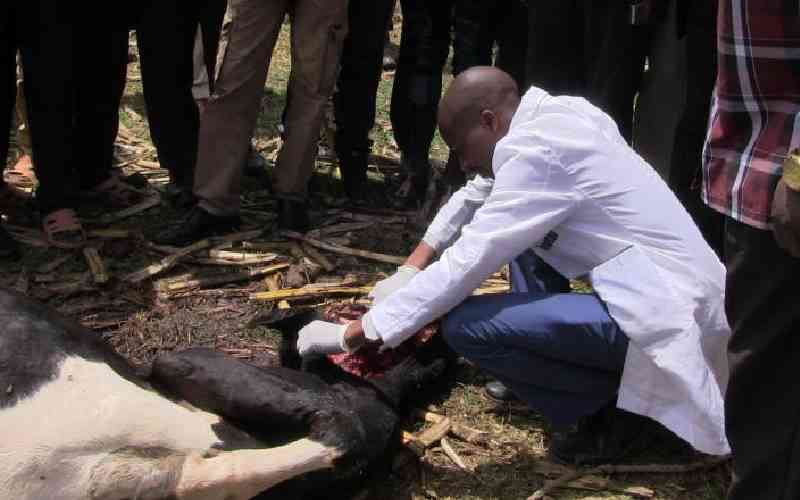×
The Standard e-Paper
Kenya’s Boldest Voice

As pastoralists count losses following the death of livestock linked to drought, their lives too are at risk.
They are now easy targets of hungry wild animals. Three weeks ago, 21-year-old Nkaayon Pardero, a resident of Laikipia North, was attacked by a leopard while grazing goats at Soitoitashi between Musul and Ilpolei villages.